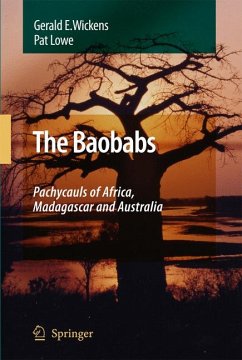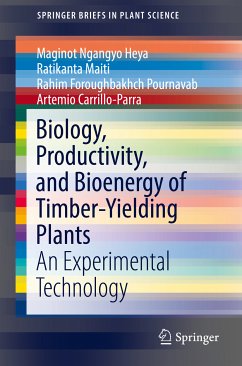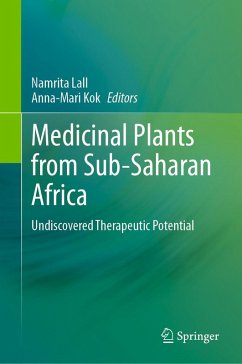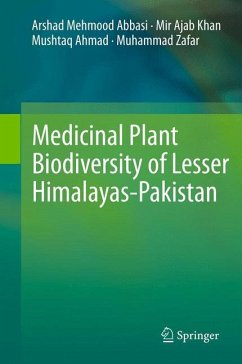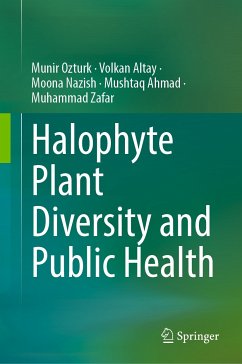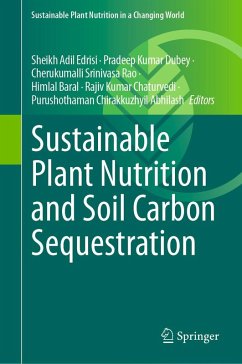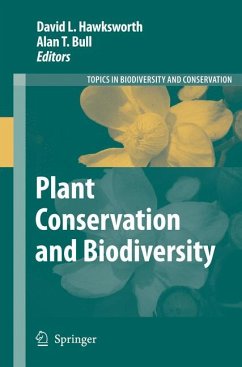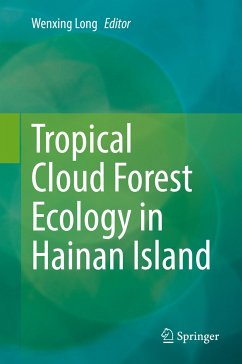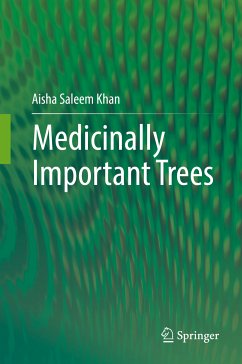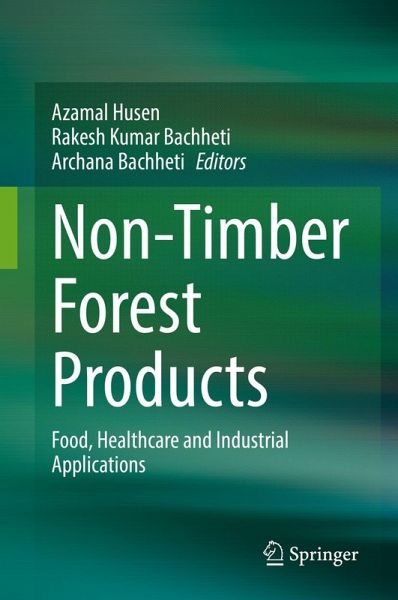
Non-Timber Forest Products (eBook, PDF)
Food, Healthcare and Industrial Applications
Redaktion: Husen, Azamal; Bachheti, Archana; Bachheti, Rakesh Kumar
Versandkostenfrei!
Sofort per Download lieferbar
128,95 €
inkl. MwSt.
Weitere Ausgaben:

PAYBACK Punkte
64 °P sammeln!
Forests cover thirty-one percent of the world's land surface, provide habitats for animals, livelihoods for humans, and generate household income in rural areas of developing countries. They also supply other essential amenities, for instance, they filter water, control water runoff, protect soil erosion, regulate climate, store nutrients, and facilitate countless non-timber forest products (NTFPs). The main NTFPs comprise herbs, grasses, climbers, shrubs, and trees used for food, fodder, fuel, beverages, medicine, animals, birds and fish for food, fur, and feathers, as well as their products,...
Forests cover thirty-one percent of the world's land surface, provide habitats for animals, livelihoods for humans, and generate household income in rural areas of developing countries. They also supply other essential amenities, for instance, they filter water, control water runoff, protect soil erosion, regulate climate, store nutrients, and facilitate countless non-timber forest products (NTFPs). The main NTFPs comprise herbs, grasses, climbers, shrubs, and trees used for food, fodder, fuel, beverages, medicine, animals, birds and fish for food, fur, and feathers, as well as their products, like honey, lac, silk, and paper. At present, these products play an important role in the daily life and well-being of millions of people worldwide. Hence the forest and its products are very valuable and often NTFPs are considered as the 'potential pillars of sustainable forestry'.
NTFPs items like food, herbal drugs, forage, fuel-wood, fountain, fibre, bamboo, rattans, leaves, barks, resins, and gums have been continuously used and exploited by humans. Wild edible foods are rich in terms of vitamins, protein, fat, sugars, and minerals. Additionally, some NTFPs are used as important raw materials for pharmaceutical industries. Numerous industry-based NTFPs are now being exported in considerable quantities by developing countries. Accordingly, this sector facilitates employment opportunities in remote rural areas. So, these developments also highlight the role of NTFPs in poverty alleviation in different regions of the world.
This book provides a wide spectrum of information on NTFPs, including important references. We hope that the compendium of chapters in this book will be very useful as a reference book for graduate and postgraduate students and researchers in various disciplines of forestry, botany, medical botany, economic botany, ecology, agroforestry, and biology. Additionally, this book should be useful for scientists, experts, and consultants associated with the forestry sector.
Dieser Download kann aus rechtlichen Gründen nur mit Rechnungsadresse in A, B, BG, CY, CZ, D, DK, EW, E, FIN, F, GR, HR, H, IRL, I, LT, L, LR, M, NL, PL, P, R, S, SLO, SK ausgeliefert werden.



